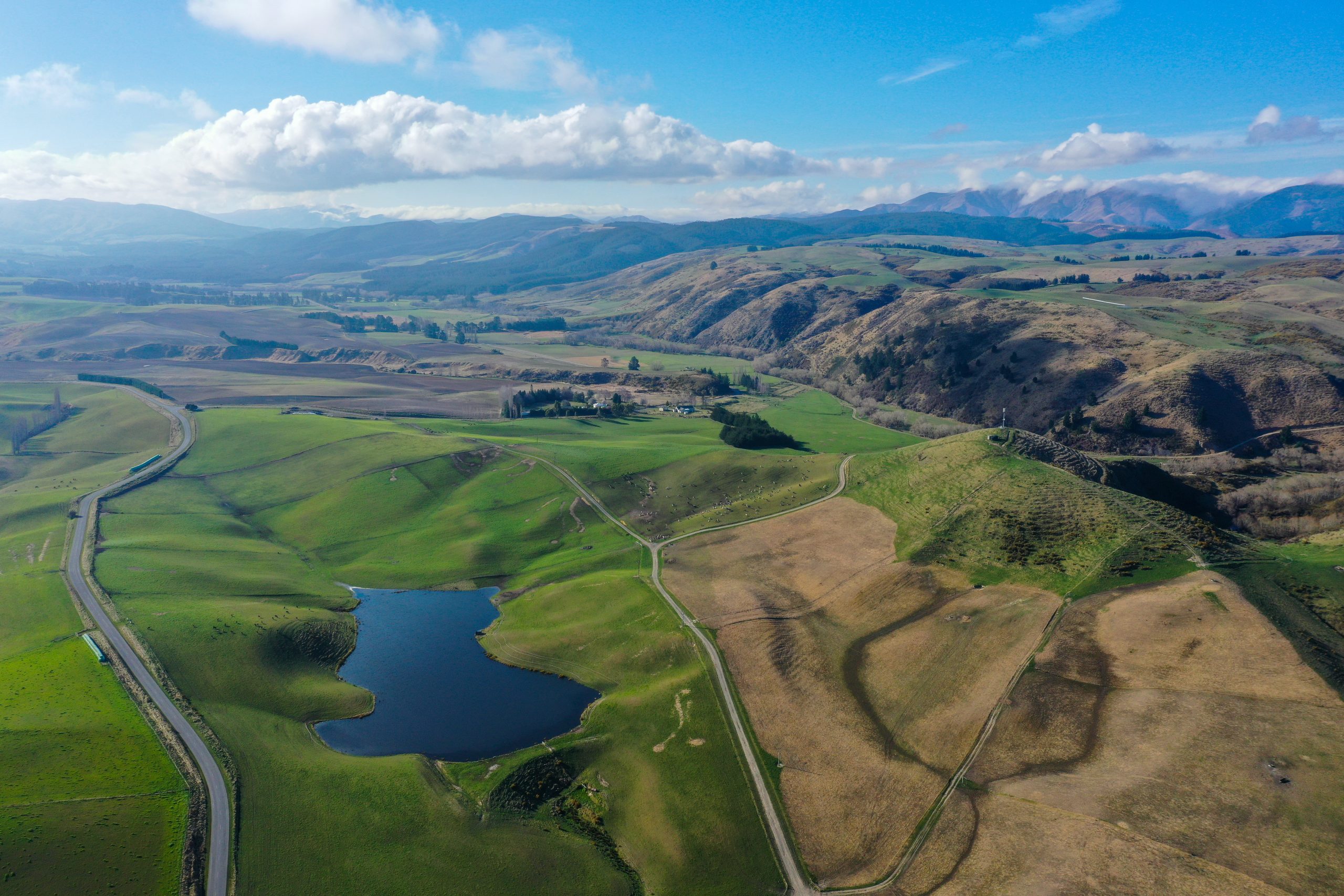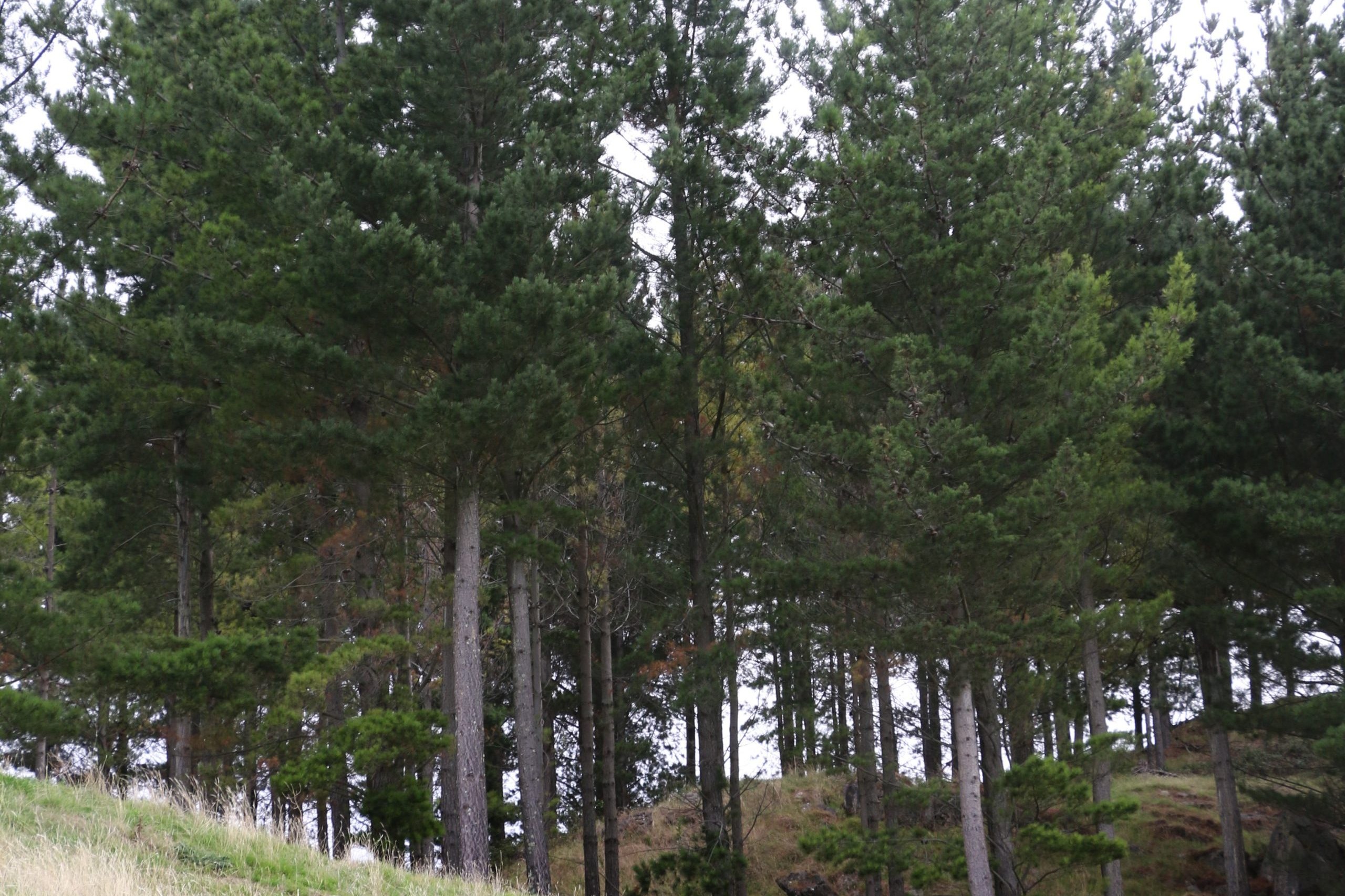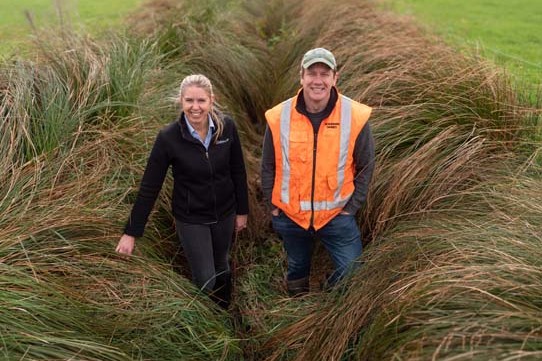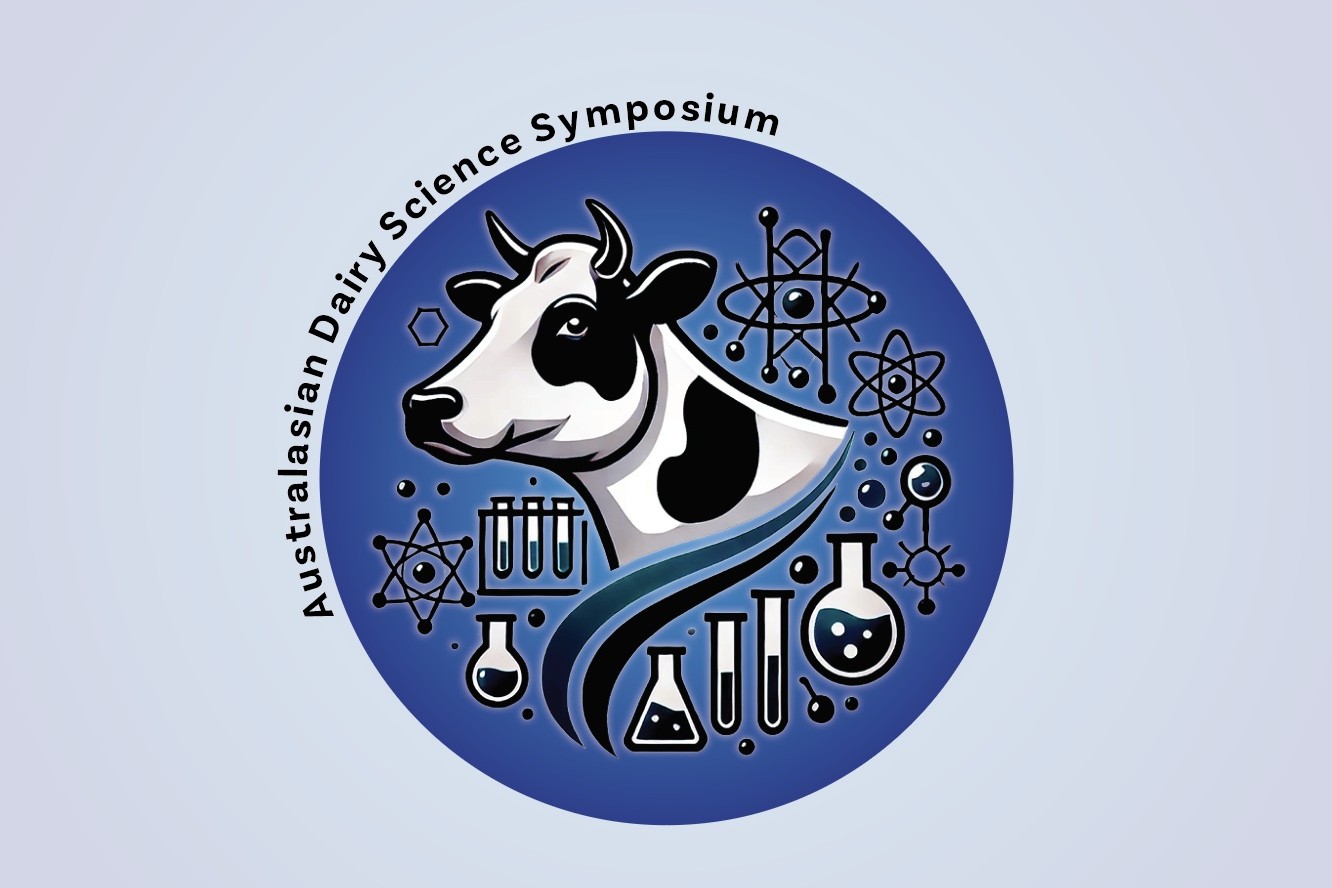Doing nothing is not an option
The New Zealand dairy sector may already be among the most greenhouse gas (GHG) efficient in the world but doing nothing is not an option when it comes to reducing greenhouse gas (GHG) emissions, Fonterra chairman Peter McBride says. By Anne Lee.
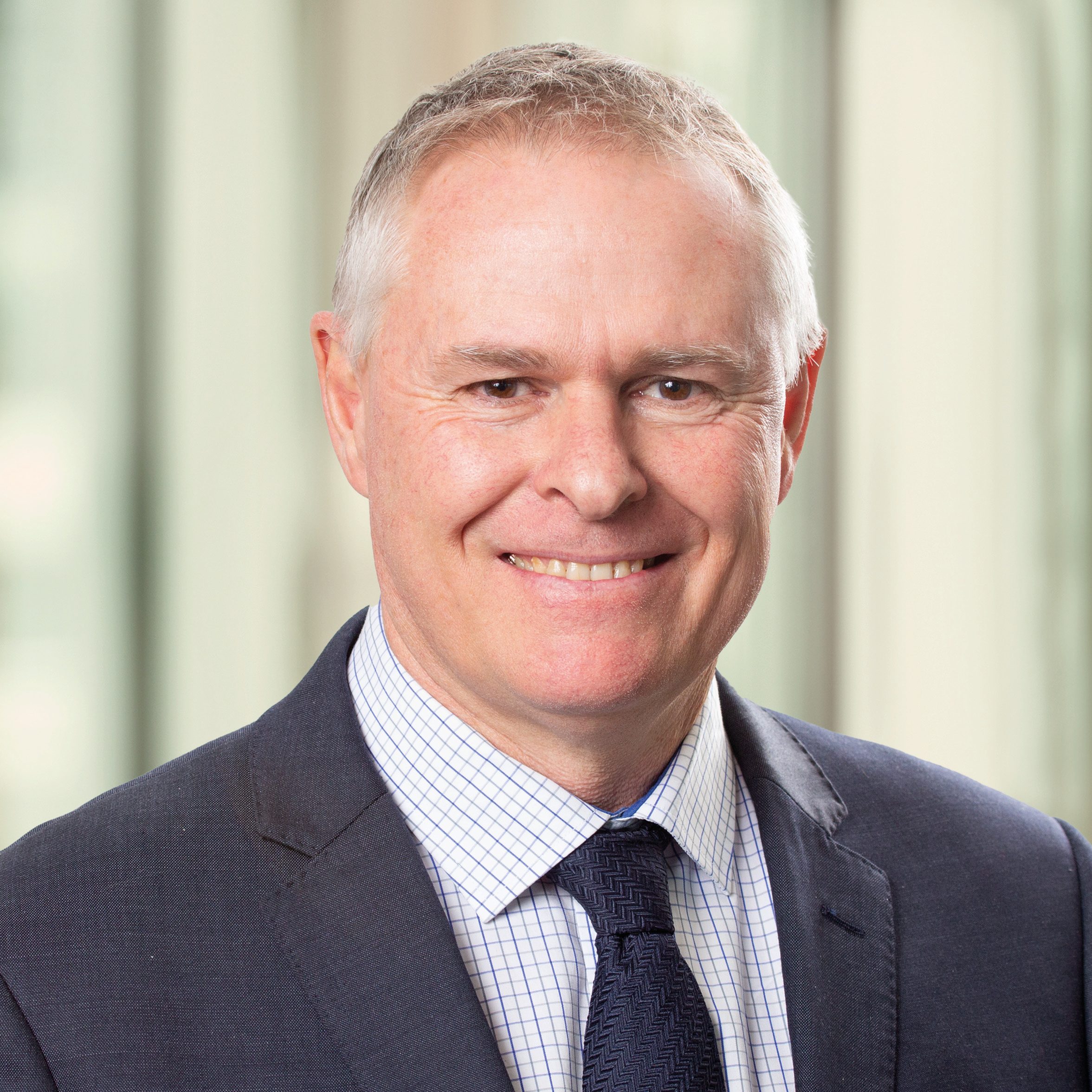
In a statement to shareholders issued on the day tractors rolled to town in the Groundswell-organised, nationwide protest against emissions pricing, McBride says the co-operative supports the intent of He Waka Eke Noa but the Government’s proposal differs from what the He Waka partnership recommended on a number of key points.
“The primary sector worked on He Waka as a total package, to achieve equity on emissions reductions and pricing.
“The Government’s changes now create an imbalance within the (agricultural) sector that needs to be addressed during consultation,” he says.
Having a farm-level, split-gas levy that aligns with the desires of Fonterra’s customers and communities for low-carbon dairy production is a better outcome than what might have been achieved through the Emissions Trading Scheme – the default outcome – by 2025, he says.
Fonterra’s key concerns echo those of DairyNZ, in particular how the levy price is to be set and the governance of the whole process.
The Government’s proposal for what can and can’t be included in sequestration accounting differs from the He Waka proposal and is a major issue for all farmers, in particular the drystock sector.
McBride says Fonterra will be working with DairyNZ to support farmers to engage in the consultation process and will be seeking changes on sequestration, levy pricing and governance for the process. While he acknowledges the unease the Government’s proposal is creating in rural communities, he says it is important conversations are based on facts.


